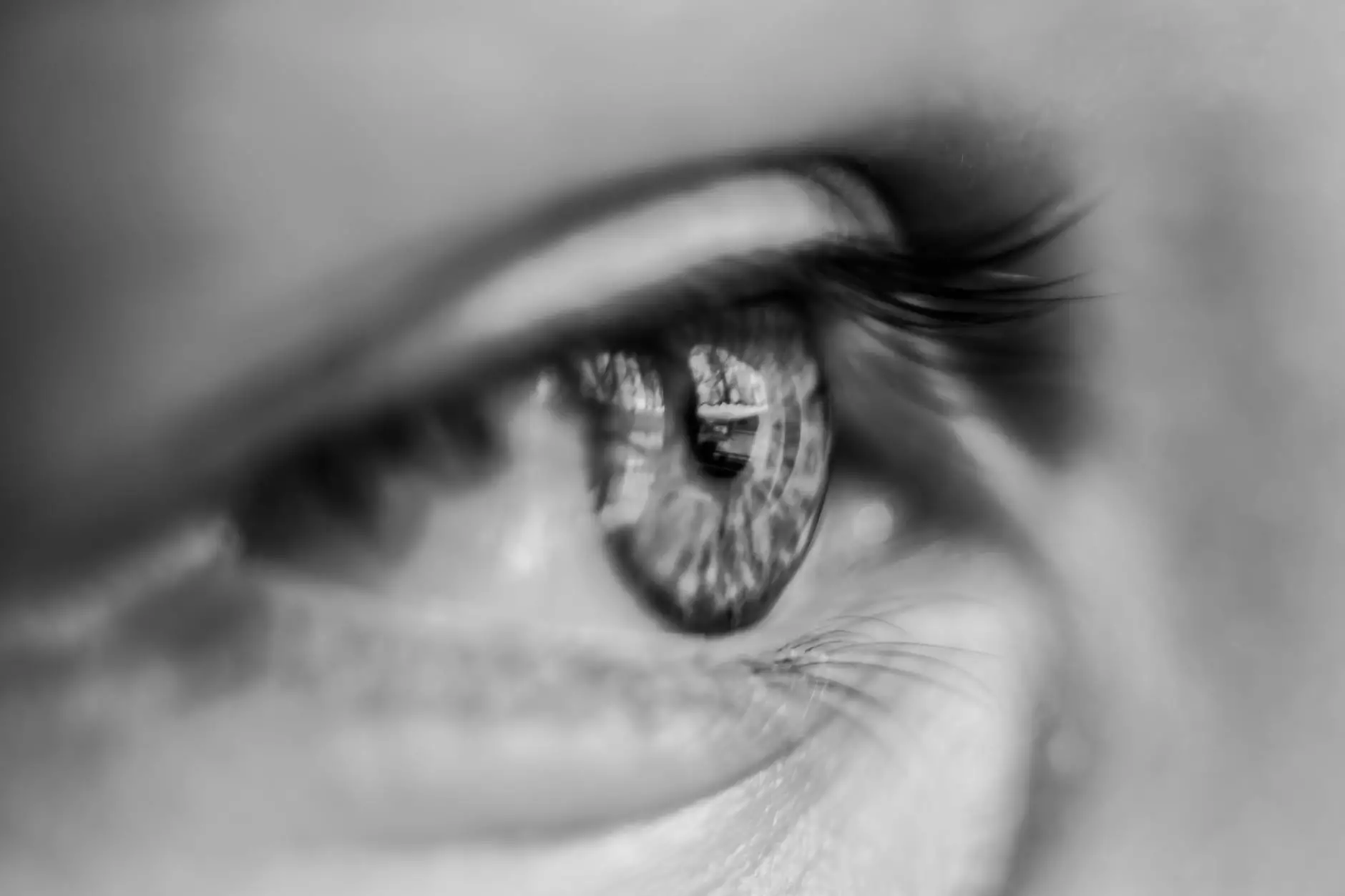June is Cataract Awareness Month
Eye Care
Introduction
Welcome to the official website of David J Scholten, OD, PC, where we are dedicated to promoting eye health and raising awareness about cataracts. In this comprehensive guide, we will discuss all aspects of cataracts, including their causes, symptoms, diagnosis, treatment, and prevention.
What are Cataracts?
Cataracts are a common eye condition that affects millions of people worldwide, especially older adults. They occur when the natural lens of the eye becomes cloudy, leading to blurred vision and other visual impairments. Cataracts can develop in one or both eyes and may progress over time, affecting daily activities such as reading, driving, and recognizing faces.
Causes and Risk Factors
Cataracts can have various causes, including age-related changes in the lens, genetic factors, certain medical conditions like diabetes, prolonged exposure to ultraviolet (UV) radiation, smoking, and certain medications such as corticosteroids. It is important to understand the risk factors associated with cataracts to take preventative measures and seek appropriate treatment when necessary.
Signs and Symptoms
The early stages of cataracts may not present any noticeable symptoms, but as the condition progresses, common signs include cloudy or blurry vision, increased sensitivity to glare, poor night vision, double vision, frequent changes in eyeglass prescriptions, and fading or yellowing of colors. If you experience any of these symptoms, it is crucial to consult an eye care professional for an accurate diagnosis and timely intervention.
Diagnosis and Treatment
Diagnosing cataracts involves a comprehensive eye examination, which includes a visual acuity test, a dilated eye exam, and an evaluation of overall eye health. Once diagnosed, the treatment options for cataracts usually involve surgery to remove the affected lens and replace it with a clear artificial lens called an intraocular lens (IOL). Cataract surgery is a safe and effective procedure and is often performed on an outpatient basis.
Prevention and Awareness
The best way to prevent cataracts or delay their progression is by adopting a healthy lifestyle and taking good care of your eyes. This can include wearing sunglasses with UV protection, eating a balanced diet rich in antioxidants, quitting smoking, managing underlying health conditions, and getting regular eye check-ups. Raising awareness about cataracts and educating others on the importance of eye health can also contribute to early detection and timely intervention.
Conclusion
As June is recognized as Cataract Awareness Month, it is the perfect opportunity to prioritize your eye health and learn more about cataracts. David J Scholten, OD, PC, is proud to be your trusted source of information and dedicated to providing exceptional eye care services. Remember, early detection and intervention are key to maintaining clear vision and overall eye health. Stay informed, take action, and let us help you navigate the world of cataracts with confidence!










